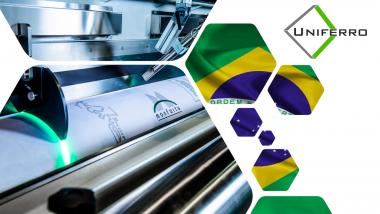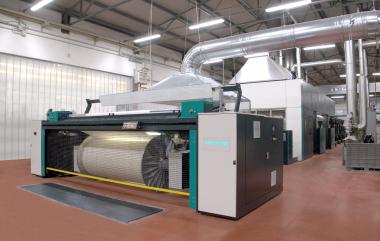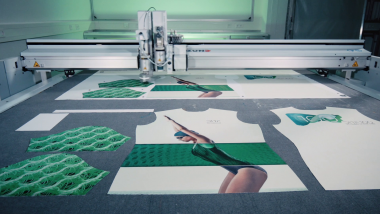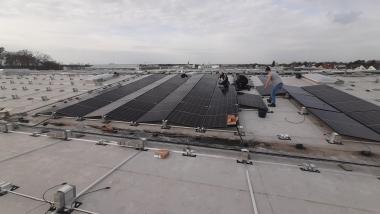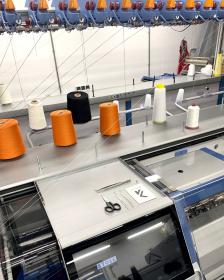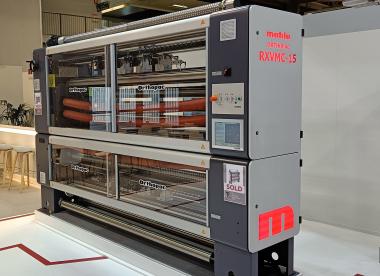Italian textile machinery manufacturers at CAITME
At the upcoming edition of CAITME, to be held in Tashkent, Uzbekistan from September 11 to September 14, 2024, 16 Italian textile machinery manufacturers will exhibit in the common area set up by the Italian Trade Agency and ACIMIT.
All these companies are ACIMIT’s associated members: Bonino, Brazzoli, Carù, Erhardt+Leimer, Guarneri Technology, Ima, Laip. Lgl, Martex, Mei, Mesdan, Pinter Caipo Italia, Pugi Group, Sicam, Stalam, Ugolini.
Uzbekistan is one of the largest producers and exporters of cotton and its textile industry is a relevant driver for the national economy. Thanks to the raw material’s availability and low production costs the business conditions are favourable for the development of the local industry. The upgrading of installed equipment is considered a step to achieve this goal.
Italian textile technology is well known by the Uzbek textile companies. In 2023, Italian sales in Uzbekistan amounted to 21 million euro. Among the Italian machines most in demand by Uzbek textile companies are weaving machines (32% of total 2023 Italian exports), followed by finishing machines (30%), spinning machines (17%), knitting machines (14%) and accessories (7%). At CAITME Italian exhibitors will show the most advanced technology applied to the textile sector, offering proper solutions in terms of efficiency, costs saving and sustainability.
ACIMIT - Association of Italian Textile Machinery Manufacturers








